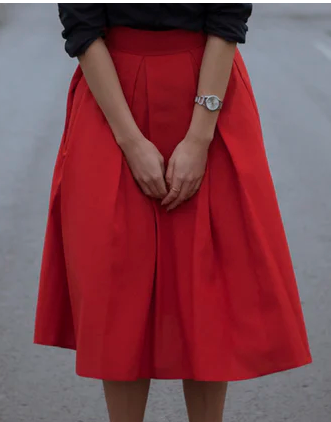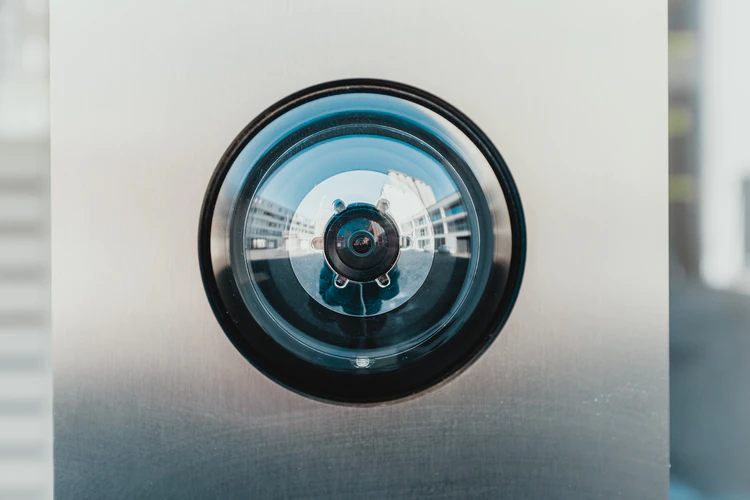Top 10 Confusing Chinese Words For Beginners
November 21, 2019
For such a concise language, Chinese does have some small ambiguities. Indeed, some Chinese words can have more than one meaning, and oftentimes, a small nuance in context can completely change the meaning of a sentence. This can make life difficult if you are a Chinese language beginner.
Luckily, there are ways to distinguish the different meanings of a Chinese word from one another.
Here are ten characters in Chinese with more than one English meaning, and how to differentiate them from each other.
Easy Words for a Chinese Language Beginner
1. 问题 wèntí Question vs. Problem
Have you ever seen the color drain from someone’s face when you say you have a question? That is because if you said:
"我有一个问题 .
Wǒ yǒu yīgè wèntí.
I have a question."
问题 could be interpreted as “a problem”. If you want to be extra clear that you have a question, try:
"我能问你一个问题吗?
Wǒ néng wèn nǐ yīgè wèntí ma?
Can I ask you a question?"

2. 裙 qún Dress vs. Skirt
Rest assured that nothing hangs in the balance if you are unclear about “dress” versus “skirt”. (Unless you work in fashion, in which case, pay attention!) In most contexts, 裙 on its own means “dress”, while 裙子 qúnzi is used to clarify that a “skirt” is meant.

3. 笑 xiào Smile vs. Laugh
This pairing is a bit easier to differentiate, since there are fixed structures that determine whether the meaning is “laugh” or “smile”. However, if you are a Chinese language beginner, recognizing the structures may still prove difficult. Here are a couple for your reference:
她对我笑了, 然后。。。
Tā duì wǒ xiàole, ránhòu...
She smiled at me, and then…
她笑我,然后。。。
Tā xiào wǒ, ránhòu...
She laughed at me, and then…

4. 声音 shēngyīn Voice vs. Sound
This pairing is largely dependent on context. If there is a person involved, 声音 likely means “voice”:
她的声音很高。
Tā de shēngyīn hěn gāo.
Her voice is high-pitched.
As a bit more of an advanced example, “voice” can also be meant in the abstract sense:
老百姓的声音
Lǎobǎixìng de shēngyīn
The voice of the common people
The use of 声音 meaning “sound” is also pretty straightforward:
我听见了声音。
Wǒ tīngjiànle shēngyīn.
I heard a noise.

Medium Words for a Chinese Language Beginner
5. 电梯 diàntī Elevator (lift) vs. Escalator
There is no way to distinguish whether you are discussing an “elevator” or an “escalator” based solely on “电梯”. However, there are a handful of other words that are used exclusively for either escalator (自动扶梯 zìdòng fútī “automatic ladder”) or elevator (升降机 shēngjiàngjī “raise-lower machine”).

6. 青 qīng Blue vs. Green
In the modern era, you will likely know 青 from 青天 qīngtiān (a clear day), but originally 青 described color.
I took a Chinese poetry course in university, and 青 was frustrating to translate. It was used to describe jade (green), sky (blue), grass (green), mountains (blue), and even cloth (black). Alternatively, it could also be translated as “verdant”.
青 nearly drove some of my classmates to tears, but what color would the tears be then, hm?!?

7. 怀疑 huáiyí Doubt vs. Suspect
怀疑 is a contranym (a word that is its own opposite). While in English, “to doubt someone’s story” and “to suspect the truth” indicate similar feelings, “doubt” and “suspect” themselves have opposite meanings. In Chinese, you can deduce which meaning is intended by context clues.

8. 空调 kòngtiáo Air conditioning vs. Heater
Growing up in the US, I knew that an air conditioner made the room colder. A heater made it warmer. That both could be just one machine was unthinkable. Yet in many buildings in China, that is precisely the case.
In Chinese, 空调 literally means “air adjustment”, so it makes sense that a 空调 can adjust the temperature up or down. (Yes, that is exactly what “air conditioner” means in English, but in practical usage “air conditioner” has become synonymous with “cold”.)

Hard Words for a Chinese Language Beginner
9. 独木舟 dú mùzhōu Kayak vs. Canoe
If you are into watersports (or even if you aren’t), you know that a kayak and a canoe are different. Still, the differences are not so insurmountable that Chinese needed a different word for them. If you want to refer specifically to either a “canoe” or a “kayak”, you may need to describe in detail which you mean.

10. 棉花糖 miánhuā tang Cotton candy (candyfloss) vs. Marshmallow
Even with sugar, spice, and everything nice, description is key. Do you want some fluffy white sugar in your hot chocolate? Or some funky-colored, spun sugar on a stick? You can’t go wrong with either, really.

We hope you found the above words interesting! If you are interested in learning more Chinese vocab, sign up for Chinese lessons!
About the Author
Eden has been learning Chinese since 2008. She fell in love with the language, food, and culture and never looked back! Eden lived in China for six years, including in Harbin, Beijing, and Dali.
